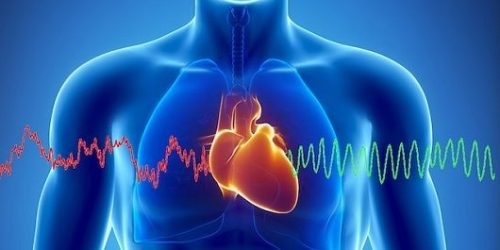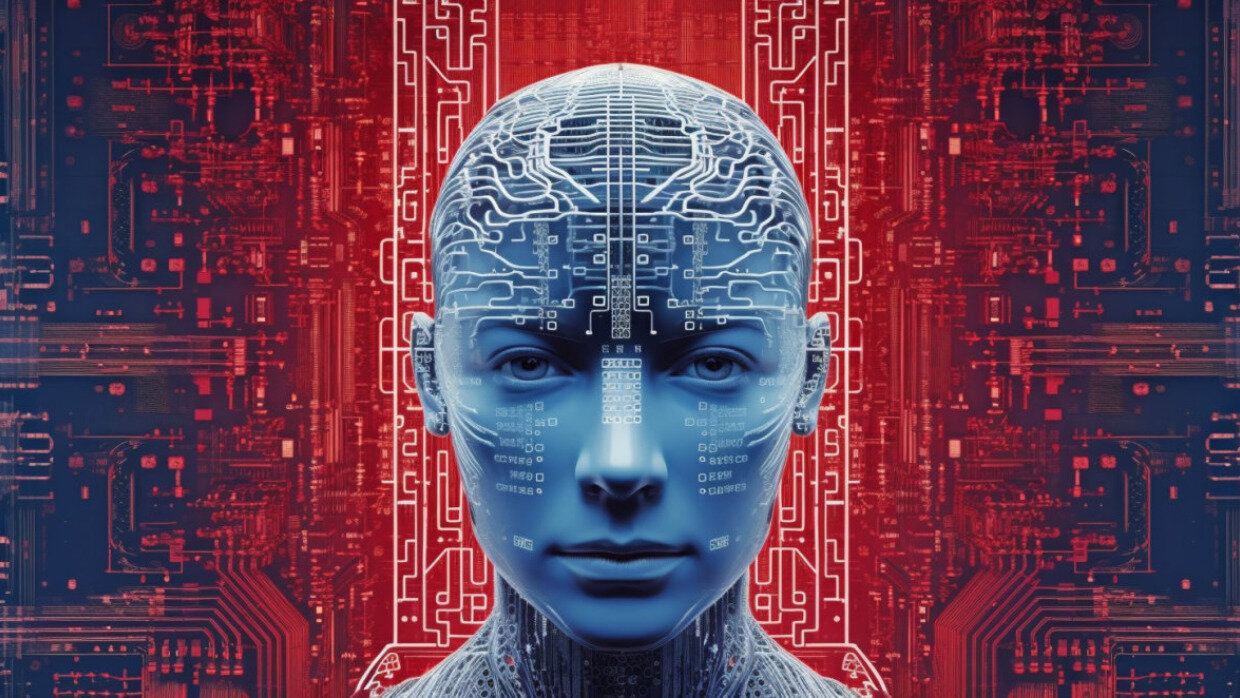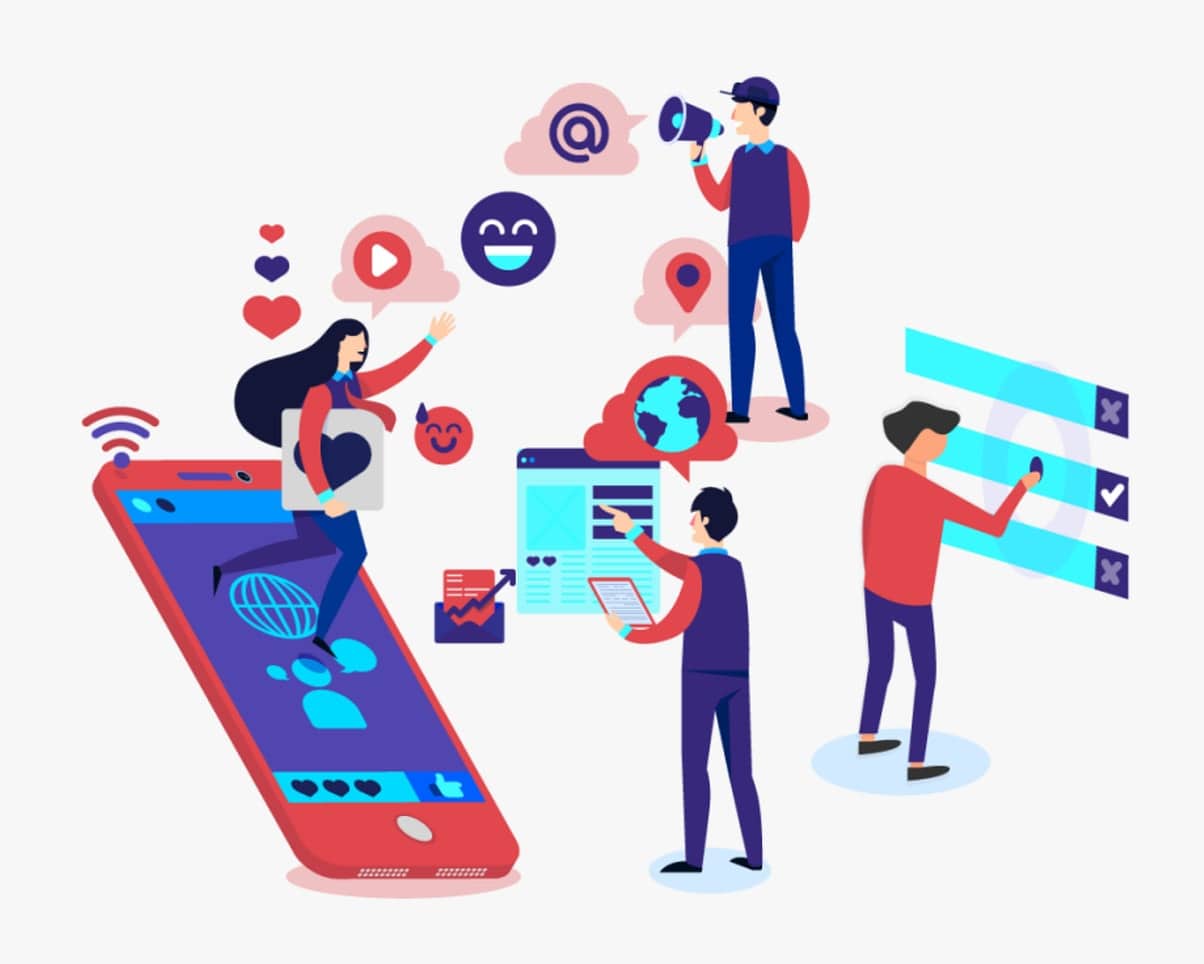Heart disease is the leading cause of death around the world.
We're not, as a species, doing ourselves any favors in this regard. Tasty food has a habit of clogging our arteries and forcing our hearts to push harder in order to supply oxygen to our various extremities, which leads to undue strain on this (very important) organ.
To complicate matters, it's not always easy to predict when or where heart disease will strike; current tests to determine a person's likelihood of having a heart attack are often invasive and uncomfortable.
If only it were possible to take a simple test that would be completely noninvasive, but could instantly pinpoint with relative accuracy a person's likelihood of suffering a heart attack in the near future.
Google and Verily have created a tool that does just that in the form of an artificial intelligence that can judge a person's risk based entirely on a picture of... Their eye.
The human eyeball contains an incredible amount of information. By analyzing blood vessels in the eye it's possible to tell a person's age, whether or not they're a smoker, and – crucially – their blood pressure.
This new AI works by comparing pictures of eyeballs against 284,335 other pictures that are accompanied by full medical records. The AI then flags any other eyeball photos that look comparable to the one it is analyzing, helping it predict whether the original eye scan's owner will follow in the footsteps of people whose eyes look similar.
The AI has been tested in a clinical trial against traditional methods of predicting heart disease. These typically involve lengthy, invasive tests that require a blood sample. The AI was presented with medical records for 150 patients who recently suffered a heart attack and asked to judge what their risks were. 70% of the time, the computer accurately predicted that these patients were in genuine danger of heart disease – which is very impressive, considering that traditional testing is right 72% of the time. Once the AI was given full medical records along with the images of the patients' eyes, accuracy improved to more or less match the blood tests.
This is a major breakthrough in spotting early signs of heart disease. The eye test is quick, easy, and doesn't require anything more complicated or invasive than a flash of light in the patient's face. With this technology, it will be easy to tell in advance how likely a person is to need additional medical treatment in the coming years.
But there is something inherently worrying about this technology belonging to Google. It's likely that the company will make this available to doctors in order to help patients but, at the same time, there's a financial incentive for Google should the company want to also sell this AI to insurance companies.
From there, it would be easy for insurers to request a retinal scan as part of initial medical tests. Anyone who might be in immediate danger of heart disease could be denied coverage despite clearly needing immediate medical intervention.
This kind of technology has its benefits, and being able to spot heart attacks in advance is a tremendous boon to the medical profession. Let's just hope that Google uses the technology responsibly, rather than cashing in at the expense of access to necessary medical treatment.





